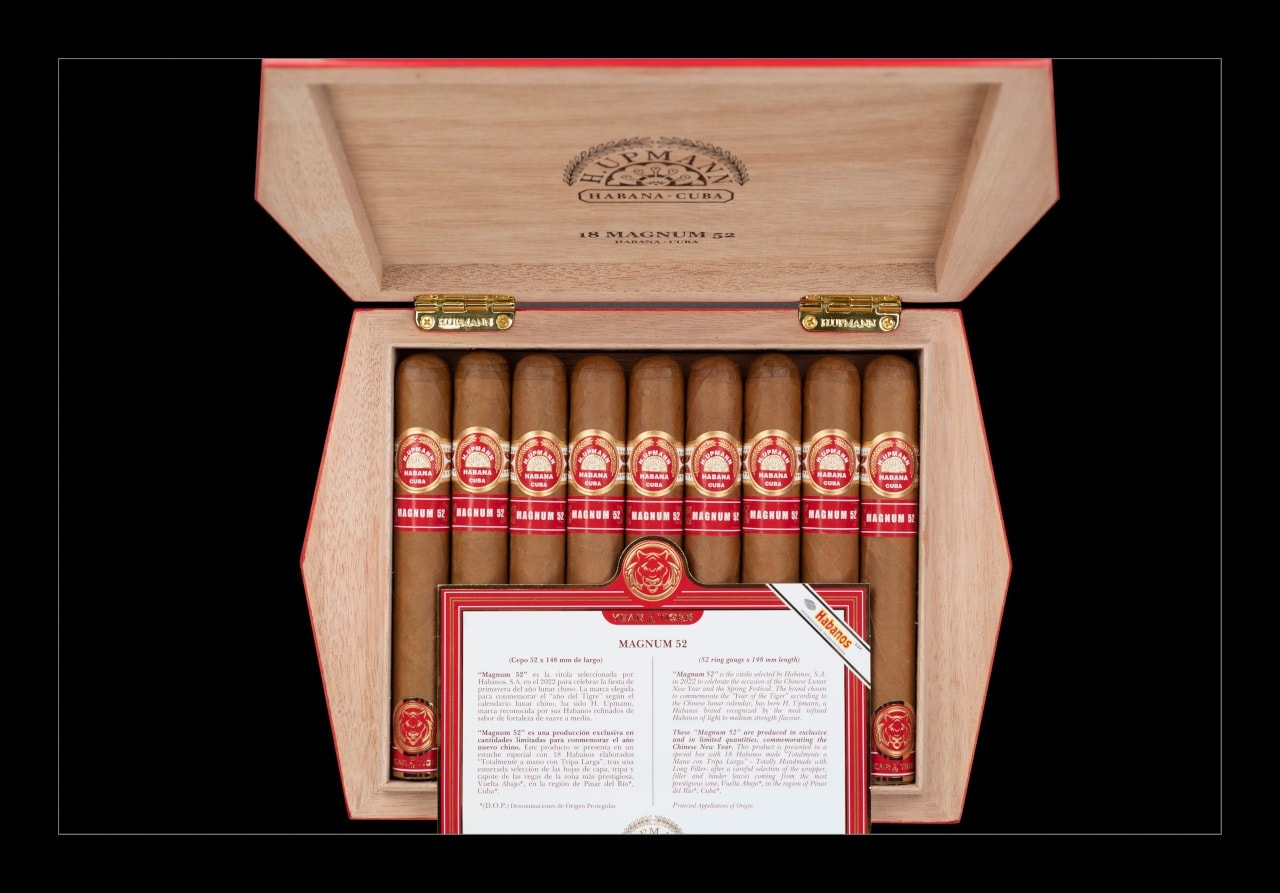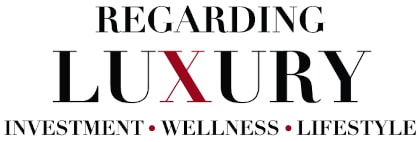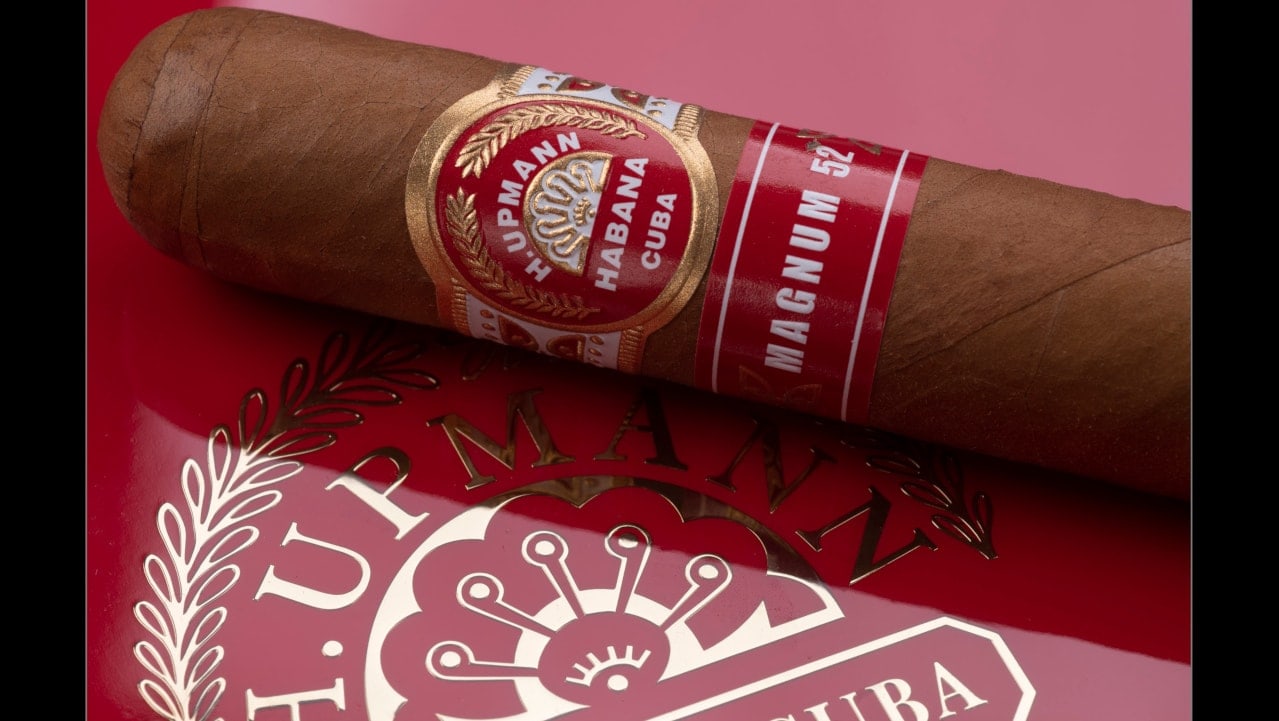Could you imagine what old Herman Upmann would think if he ever knew the fine Cuban cigars with his namesake had became such a popular international brand?
Related: Five tips to store a premium Cuban cigar without a humidor
Upmann was a German banker whose moved to Havana in the mid-nineteenth century. He founded a bank, but his love of Cuban cigars also led him to found a Habanos factory. H. Upmann was born, one of the more popular Cuban cigar brands for people looking to venture outside the more mainstream Cohiba or Montecristo experience.
This week, Habanos S.A., the Cuban company that runs the premium Cuban cigar business, together with its distributors for Asia Pacific and China, presented its new H. Upmann Magnum 52 vitola. They had a virtual “unboxing” in commemoration of the Chinese New Year. The new product will be arriving to the market in a few weeks.

Cuban cigars: Habanos S.A. releases limited edition H. Upmann
Magnum 52 has a 52 ring gauge and is 148 mm in length. It will be available in all Habanos’ markets. The vitola is presented in a special box containing 18 Habanos “Totally Handmade with Long Filler”, after a careful selection of the wrapper, filler and binder leaves. Those come from the Vuelta Abajo area in the Pinar del Río region of Cuba, which is considered where the world’s best tobacco is produced.

Just the facts:
- Beautiful wrapper and masterfully crafted
- Roasted aromas right from the start
- Excellent combustion
- Perfect draw
- A Habano with great quality and balance.
- Balanced medium strength.
- Perfect with Ron 11 Years Old and medium roast Arabica coffee.
- Smoking time about one hour
China is now the top market for Cuban cigars
It’s of course no surprise that Habanos S.A. is focusing its efforts on China. The company recently announced that China had taken the place of Spain as its top market. Global revenue surrounding premium Cuban cigars has been down, in part because travel restrictions due to the pandemic impacted sales at duty free shops, plus the downturn in travel to Cuba. Covid also led to serious manufacturing delays and shortages in Cuban factories. And that has led to empty shelves around the world.










